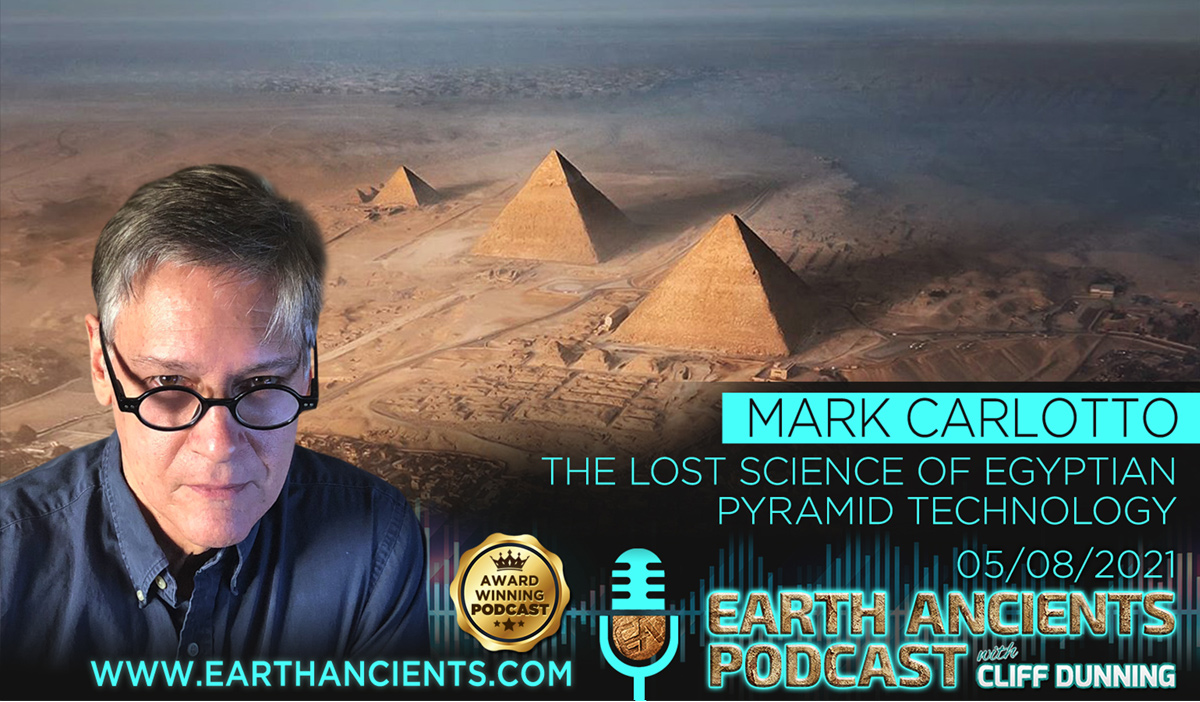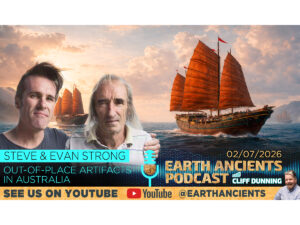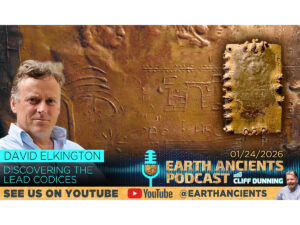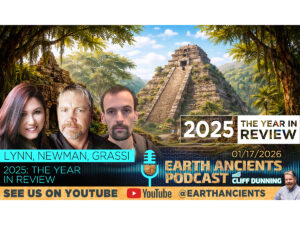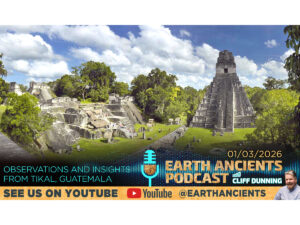Mark Carlotto: The Lost Science of Egyptian Pyramid Technology
What if ancient sites such as Machu Picchu, Chichen Itza, the Acropolis, and Temple Mount are not only thousands of years old but much older? Until recently, a lack of hard evidence has led mainstream archaeologists to dismiss theories of past civilizations as pseudoscientific attempts to resurrect ancient myths and legends. However, new archaeological discoveries are beginning to challenge conventional explanations. Inspired by Charles Hapgood’s hypothesis that the ice ages were the result of shifts in the geographic location of Earth’s poles, independent researcher and author Mark Carlotto has discovered that numerous sites throughout the world are aligned to what appear to have been four previous positions of the North Pole over the past 100,000 years. By virtue of their alignment to ancient poles, Dr. Carlotto proposes a new hypothesis: that the original sites were first established by a previous advanced technological civilization who existed throughout the world tens of thousands of years ago and later co-opted by our ancestors who rebuilt and expanded over and around the older structures while preserving the layout and orientation of the site to the original pole. Before Atlantis considers the possibility that this previous technological civilization could have developed from an earlier migration of modern humans out of Africa, which later co-existed with our primitive hunter-gatherer ancestors, and that past encounters with this older civilization were the source of ancient myths and legends of powerful gods, lost continents, and even Atlantis.
Mark Carlotto is an aerospace engineer with over thirty years of experience in satellite imaging, remote sensing, signal and image processing, pattern recognition, and app development. He received a Ph.D. in Electrical Engineering from Carnegie-Mellon University in 1981 and has published over one hundred technical articles and written six books. In Before Atlantis, Dr. Carlotto draws from his unique background and experience to propose new answers to basic questions concerning human origins, ancient technology, and archaeological enigmas.


